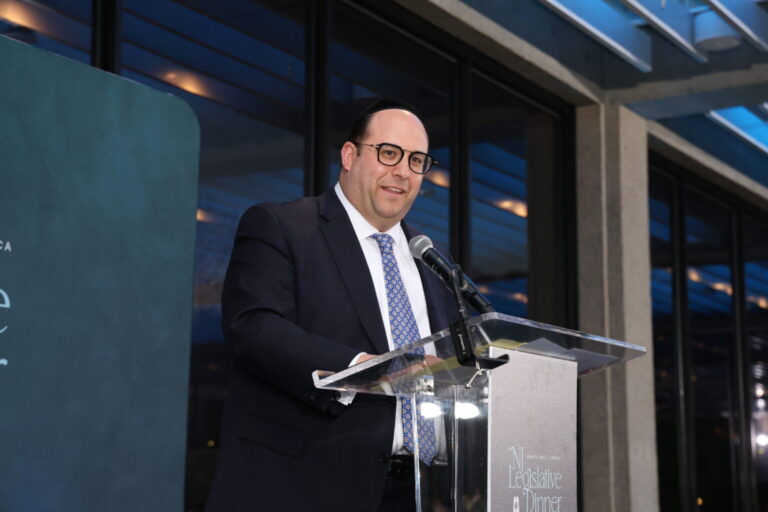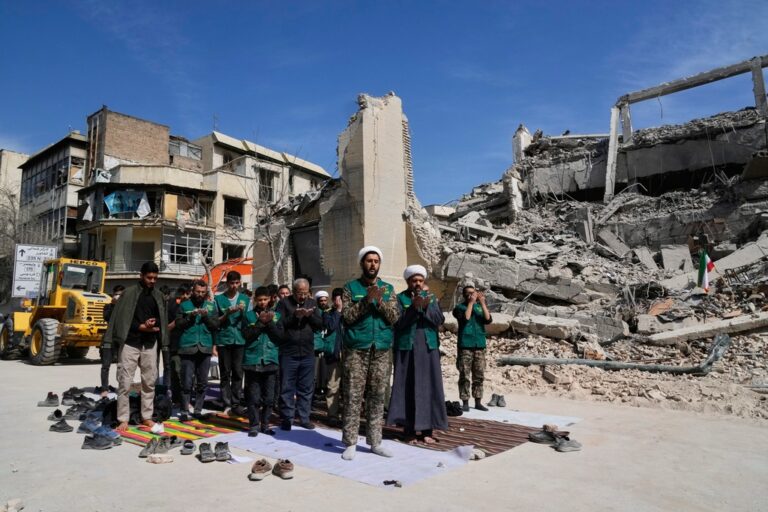 Jerusalem Councilwoman (Meretz) Laura Warton is addressing the fact that in 2015 in Jerusalem, 264 streets are closed on Shabbos and Yomtov, not only to vehicles but to bicycles as well. She presents this fact in a negative and worrisome light.
Jerusalem Councilwoman (Meretz) Laura Warton is addressing the fact that in 2015 in Jerusalem, 264 streets are closed on Shabbos and Yomtov, not only to vehicles but to bicycles as well. She presents this fact in a negative and worrisome light.
According to her list, 22 streets are closed in Meah Shearim, 14 in Bucharim, 12 in Shaare Chessed, and 64 in Beis Yisrael. She reports other street closures are in Sanhedria, Tel Arza, Kiryat Sanz, Kerem Avraham, Ramat Shlomo and Har Nof. Special mention is made of Ramot, which is also home to many non-religious residents but the chareidi area known as Ramot Polin remains closed nonetheless.
The councilwoman adds that all of Bayit Vegan is closed since it became more chareidi as is the case in most of Givat Mordechai, with most of the main streets closed in the latter. Eleven street closures are included in Nachlaot as well. It is pointed out that since 2006, the City Council has decided to close the Shamgar-Golda Meir route to vehicular traffic as well.
And finally it is added there are other closures that are the result of “private initiatives, albeit illegal”.
When asked to respond, Jerusalem Mayor Nir Barkat is quoted saying nothing has changed regarding street closures on Shabbos and Yomtov.
(YWN – Israel Desk, Jerusalem)











3 Responses
This report is deliberately deceitful when pointing out that although Ramot has many non-religious residents, Ramot Polin, a totally chareidi area, is closed to traffic, intimating that this cramps the style of the non-religious residents.
What a lie!
If you’ve ever been to the area, you’d know that Ramot Polin is its own separate enclave – off to the side and not a thruway. It does not block non-religious residents’ access to where they live or anywhere else. It’s totally irrelevant to mention that other parts of Ramot have non-religious residents as if to say that the closed roads in Ramot Polin unfairly affect them. Actually, it is relevant for those who hate Yiddishkeit – it’s a useful lie whose relevancy is to paint religious people as unfairly coercing the secular public.
Kol Hakavod to YWN,
The Torah is all about a COLLECTIVE religion. Chazal exhort us (Shabbos 54a, Rashi): Whoever can protest, and fails to do so, is held culpable for those sins committed. “Kol yisroel areivim zeh l’zeh” means you’re RESPONSIBLE! , According to the Gemara ,part of Sina’as Chinam was “Me’d’lo me’chu” i.e, ‘live and and let live’ ! The first Beis HaMikdash was destroyed, despite the multitudes righteous in those generations, BECAUSE there was too much tolerance of evil and sinners
cf. Kovetz Ma’amarim
Why can’t they just call it ‘Pollution Free day’ or ‘No Car day’ like they did in Paris?